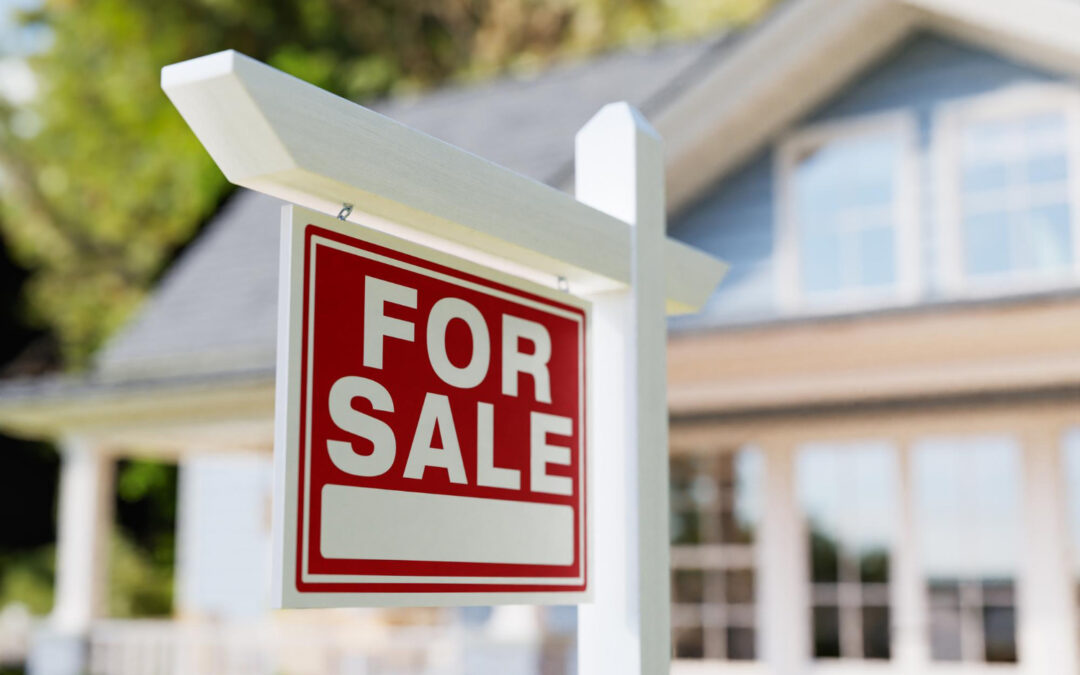The BC home flipping tax is officially in force, imposing a new tax on property sales within two years of purchase. The tax applies to profits made from selling a property in British Columbia, including presale contracts, if the seller owned it for less than 730 days.
Designed to curb short-term speculative property flipping, the tax is part of the provincial government’s Homes for People Plan. However, now that it’s in effect, many homeowners and investors are realizing they may be impacted—even if they bought their properties before the tax was announced.
How the BC Home Flipping Tax Works
The BC home flipping tax applies to:
- All residential property sales (including pre-sale contracts) if owned for less than two years
- Homes purchased before January 1, 2025, if sold after that date and owned for fewer than 730 days
- Profits earned from the sale, rather than the full sale price
The tax rate is 20% on profits for properties sold within the first year. For sales occurring between one and two years, the rate gradually decreases before disappearing at the two-year mark.
Notably, this tax is separate from the federal property flipping rules and is not connected to B.C. income tax.
Who is Exempt from the BC Home Flipping Tax?
The tax includes several exemptions, including:
- Sales due to major life events, such as death, serious illness, or disability
- Divorce or separation
- Job relocation (if moving more than 100 km)
- Certain new construction properties and secondary units (e.g., laneway homes, duplexes, carriage houses)
However, many homeowners are still unclear on whether they qualify. For example, what qualifies as a “serious illness”? If you planned to move due to health concerns but recovered, would you still be exempt? These gray areas could lead to disputes, appeals, and legal challenges.
Pre-Sale Buyers Face New Challenges
A major concern is the inclusion of pre-sale contracts in the tax. Many buyers signed pre-sale agreements years ago, before interest rates soared. Now, some can’t afford to close on their homes—but selling their pre-sale contract could trigger the home flipping tax, further increasing their financial burden.
Additionally, some investors who purchased properties before the tax was announced may now find themselves in a difficult position, unable to sell without paying a steep tax penalty.
Will the BC Home Flipping Tax Actually Lower Housing Prices?
The B.C. Real Estate Association (BCREA) has expressed concern that the tax could reduce housing supply, as homeowners delay selling to avoid the tax. This could have the opposite of the intended effect—driving up prices rather than stabilizing them.
However, proponents argue that discouraging speculative flipping will help long-term buyers by making homes less attractive to short-term investors. The real impact will unfold in the months and years ahead.
Do you have questions about the real estate market? The legal experts at Clark Woods LLP are happy to assist with your real estate and conveyance needs. Call 604-227-9153 today to setup a consultation or visit our real estate page for more information.

